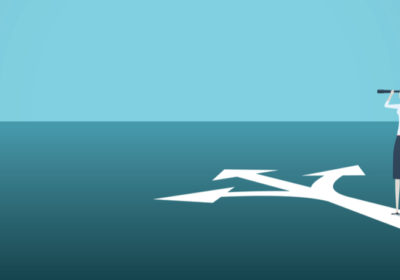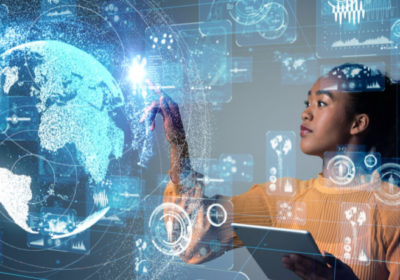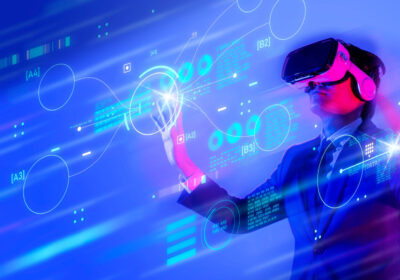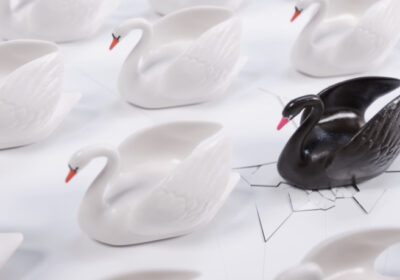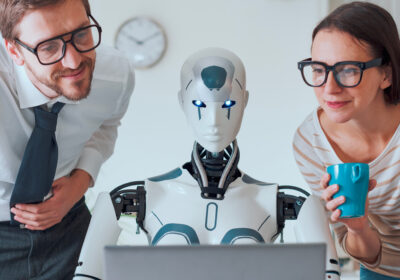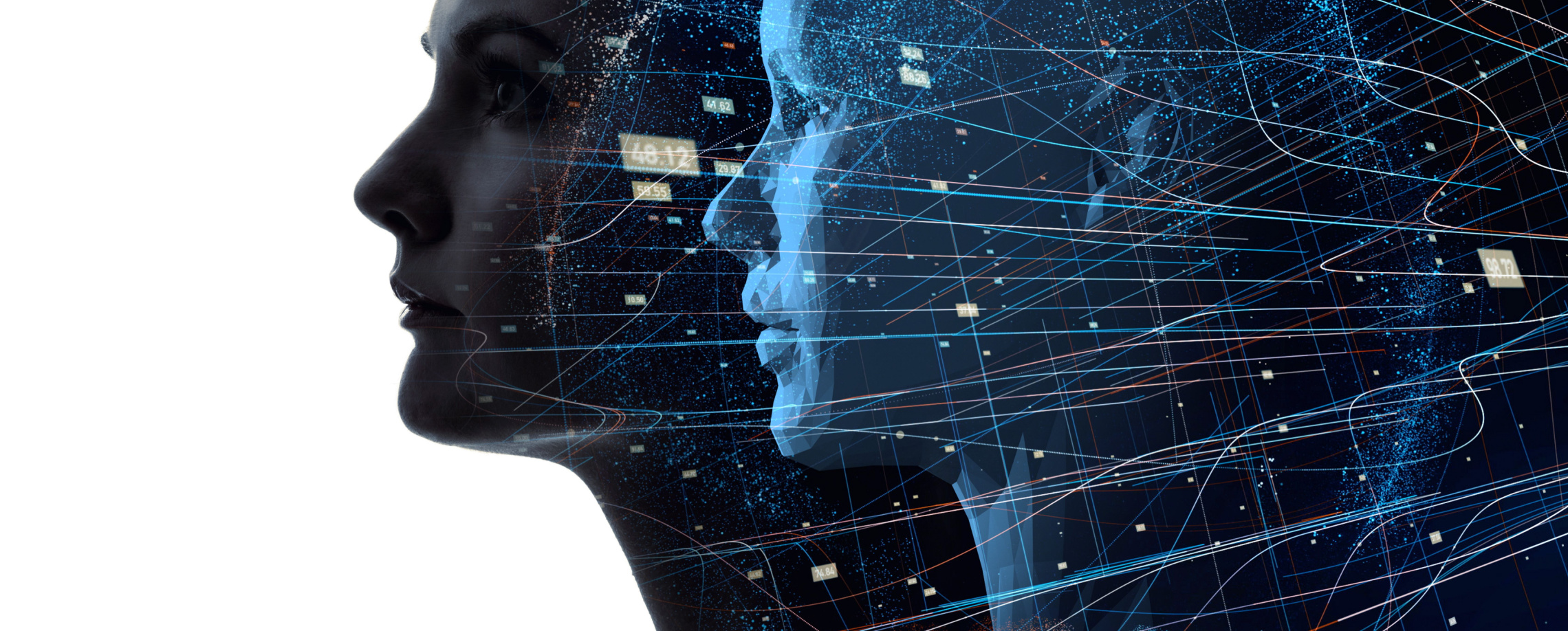
- Author: Mark Pesce | Author & Futurist
- Posted: May 17, 2023
Three Twins
One of the bits of the future we tend to overlook – because it’s frequently seen as nothing more than ‘gaming’ – concerns our ever-improving ability to simulate just about anything. From small to large, these simulations are proving very useful to us as we live our lives, do our jobs, and manage a transition to a broadly sustainable civilisation. It’s all due to three ‘digital twins’.
What is a ‘digital twin’? It’s a highly accurate model of something real, composed entirely of data. This is why people confuse digital twins with games; many modern video games feature massive, exquisitely designed “worlds” that players can explore, exploit, and enjoy. A game isn’t a digital twin, because it’s not representing something that actually exists. Yet most games are simulations, and because they’ve become very popular, we’ve learned a lot about how to make very good simulations. That knowledge is now completely transforming three domains: the personal, the planetary, and the organisational.
Starting with the personal: many of us now wear ‘smartwatches’ now designed to hungrily lap up all sorts of data about our bodies and our health: pulse, blood pressure, temperature, calories burnt up in activity – even more arcane data such as an electrocardiogram, and blood sugar levels. These devices don’t do much with the data they collect; they’re not quite smart enough to do more than display a ‘dashboard’ of current stats, issuing a warning when the heart rate looks a bit jumpy, or it looks as though you’ve had a fall. That’s good, but it’s barely a beginning.
Within the next few years (and with your permission) smartwatches will continuously transmit your health data to a ‘digital twin’ – a model built from all of your health data (not just your watch, but your exams and scans and physicals, etc.) fed and watered by that real-time stream of information. That model – which might sit within your GPs practice, or be provided by Medicare, or (as seems most likely in the short term) will be a subscription-based service – will be continuously aware of your current health, and carefully note any time when it looks like you’re drifting away from wellness. Perhaps you’re getting a cold, perhaps you’re run down – or perhaps it’s the sign of something more serious. The digital twin will note this, let you know – and also send a message to your GP.
If that sounds a bit creepy – as though you’re being watched all the time – that’s the shadow side of a digital twin; for a twin to work well, it needs to maintain tireless surveillance. We’ll each need to find our own comfort levels around that surveillance – though a well-designed digital twin should be able to understand when it needs to intervene, and when it needs to ignore our bad habits. For most people, most of the time, the benefits of a digital twin working ceaselessly to maintain optimum health will be enough to submit to some gentle surveillance and the occasional ‘nudge’ to change our behaviours.
Take that idea, make it global, and you have the second digital twin – a digital twin of the entire planet, and – so far as we can know it – of everything on its surface, under its seas, and in its skies. We’ve been working on versions of this sort of digital twin for well over fifty years; in the 1960s inventor and visionary Buckminster Fuller developed a ‘World Game’ which gave ‘players’ an opportunity to understand all of the inputs and outputs on ‘Spaceship Earth’ – to better manage its resources.
Half a century ago, we had only a miniscule capacity to measure the Earth. Today, we have vast databases that we use for all sorts of purposes. Some of them – and these come closest to a planetary-scale digital twin – are now used to simulate weather conditions at the square-kilometer scale, anywhere on the planet. As those simulations improve, they’re taking into account not just the weather, but all of the ecosystems, both human and natural, that affect the weather. We’re mapping out global warming, and we can now simulate the impacts of our carbon-emitting and carbon-abating behaviors with growing precision.
We will soon be able to use these global-scale digital twins to map out a path to a carbon-neutral civilisation, balancing the need for growth against the hard limits of the planet. Being able to ‘run the numbers’ at global scale means that we can test competing proposals before we put them into practice, allowing ourselves to operate with growing confidence as we make the delicate turn to a decarbonised, sustainable civilisation.
Between the personal and the global there’s the ‘just right’ of the organisational digital twin. In one significant way, we’ve had organisational digital twins for forty years – in the endless spreadsheets that businesses use to manage their data, understand their past, and predict their future. Spreadsheets are the ultimate business simulation tools – and that’s exactly why they’ve only grown more useful over the last decades.
But spreadsheets have limits. They don’t do well portraying complexity. It’s easy enough to build a sophisticated model of a process or business unit – but too often it’s something that no one other than its creator can understand, use, or modify. We need a better tool that builds upon what we already know how to do, but makes it as easy to use as a video game. That’s where the organisational ‘digital twin’ sits, halfway between the deep organisational awareness that’s already embedded in those spreadsheet-based simulations, and a tool that allows anyone to be able to work with that information.
While it might seem fanciful to propose that the future of business looks more like Fortnite than Excel, it’s easy to understand why that would be an appealing idea to a generation for whom simulations in the form of video games are second nature, a language they already fully understand. Moving from rows and columns to realistic simulations of business processes is the essence of the transition to an organisational digital twin. In that transition the entire organisation gains a deeper understanding of its own history, processes, and potential. That’s going to change the shape of business – and it means today’s Fortnite champions may stand the best chance to be tomorrow’s super-performing CFOs.



